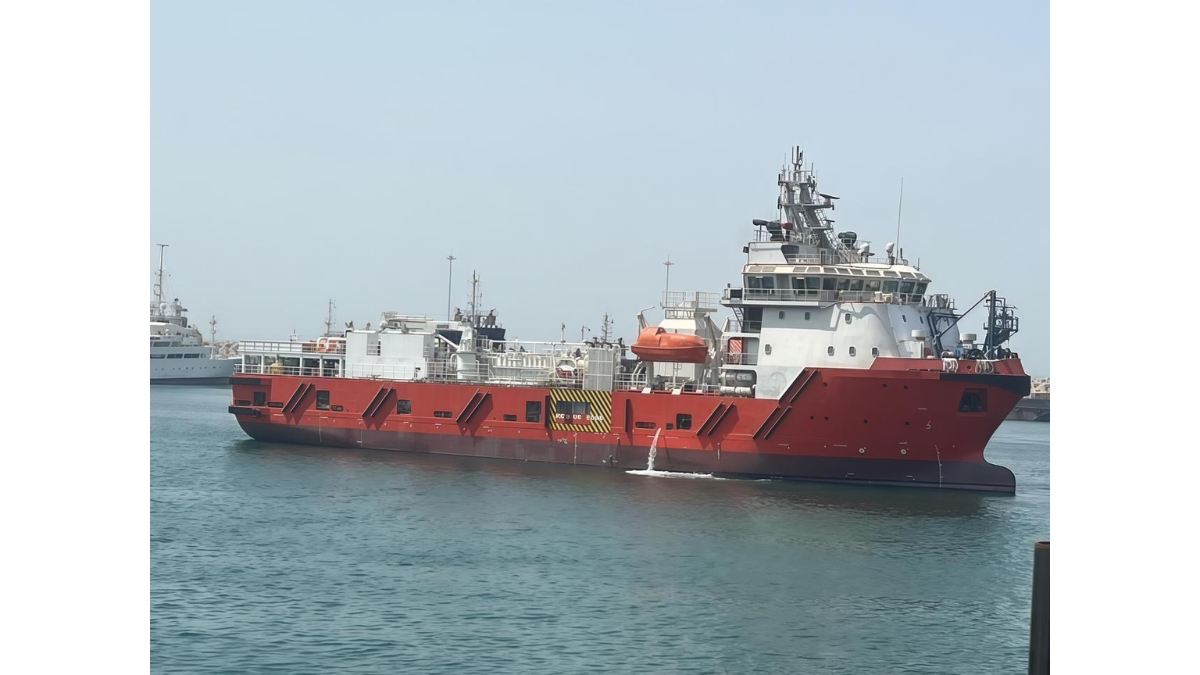SpaceX: Starlink launches Falcon 9 rocket, sends 28 satellites simultaneously into space
SpaceX: These satellites will now reach their operational slots in a few days and become part of the existing megaconstellation of 7,200+ satellites. This network provides continuous connectivity to users, provided they can point their terminals in the direction of the satellites.

SpaceX has successfully inserted 28 new satellites in low Earth orbit (LEO) as part of its Starlink project. The launch was conducted using Falcon 9 rocket at 9:51 pm (EDT) / 0151 GMT on May 1 from Launch Complex-40 across Cape Canaveral Space Force Station in Florida. This mission has been titled Starlink 6-75. This is one more move towards enlarging the global high-speed internet service that seeks to offer satellite internet services to consumers worldwide (excluding polar regions).
The first stage of the rocket with nine Merlin engines expelled and staged two and a half minutes into the flight. Booster B1080 neatly did a retrograde burn and landed safely on the "Just Read the Instructions" drone vessel in the Atlantic Ocean. It was the booster's 18th successful flight in total and the booster's 12th flight on Starlink missions. The second stage of the rocket successfully dispensed all 28 of the satellites one hour into the flight, placing the satellites in the intended orbit.
These satellites will now reach their operational slots in a few days and become part of the existing megaconstellation of 7,200+ satellites. This network provides continuous connectivity to users, provided they can point their terminals in the direction of the satellites.
This is SpaceX's 51st Starlink mission and 34th Falcon 9 launch of the year 2025. The company has also carried out two Starship test flights so far in 2025, proving its grip and launch speed in the commercial space sector. SpaceX aims to bring fast internet to every corner of the Earth. This launch is another successful attempt in that direction and seems to be touching new heights towards rocket reuse and private spaceflight.














































%20News.jpg)



























